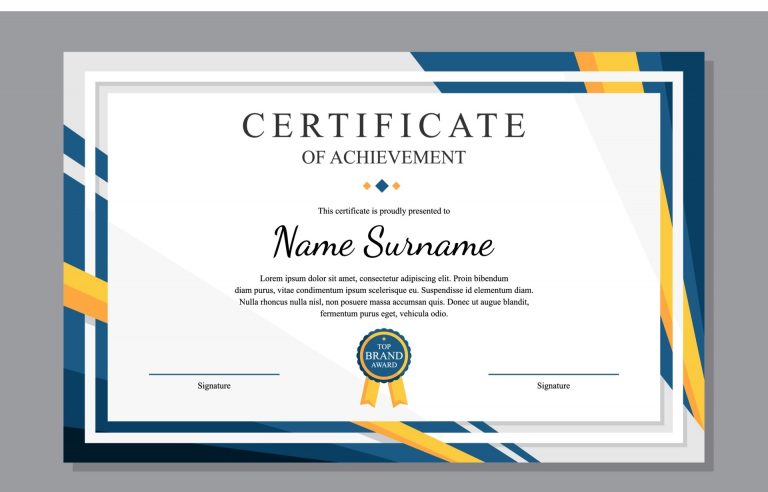
Towards the close of 2021, a mentor reached out to me to join him in developing a training curriculum housing about 12 courses.
Most of the courses were on topics that were far removed from my experience or education. My major pass mark in that conversation was that I understood what a curriculum is. Yes, I am a trained Education graduate. I have a double major in Education and English Language.
In two weeks I was done. It could have been earlier but because other things were also calling for my attention. His expert guidance as a management consultant and human resource guru was instrumental. This is how I learn from the brightest and the finest in various industries. Though he knew I didn’t have an HR certification, he knew I could do it and he engaged me. Now I know better.
Register for Tekedia Mini-MBA edition 18 (Sep 15 – Dec 6, 2025) today for early bird discounts. Do annual for access to Blucera.com.
Tekedia AI in Business Masterclass opens registrations.
Join Tekedia Capital Syndicate and co-invest in great global startups.
Register for Tekedia AI Lab: From Technical Design to Deployment.
If that conversation were between a recruitment manager and me, what would my fate have been on that project knowing that I had not developed a curriculum before plus the fact that I had no certification yet from any HR professional body?
Certifications should be seen as a tool for advancement into industry leadership and must not take the place of education. I don’t think it should be favoured over competence or potential. Certifications can be acquired.
This brings me to the idea that potential talents with requisite skills should be allowed to grow in practice as long as hiring managers have spotted the capacity for the job. The Hi-Po can become certified on the journey.
Agreed, some Hi-Pos (High Potentials) have the capacity to do some jobs and excel at certain careers but may initially lack some specific know-how about the particular task or project. That is one of the best training need indicators.
Our human resources management gurus are doing a great job. In addition to their checklists, I ask that they favour skills or capacity even when there’s no paper proofs to that effect so that they will not cause their organisations some pains from talent-triggered costs.
Many organisations have lost many promising Hi-Pos while looking for the best qualified. Remember, the best qualified, too, have aspirations.
It should be noted that this post is not to discount the critical place of certifications. It is to call attention to competence too.
A good number of recruiters still think professional certifications are a place where you can formulate theories. Where one can load the head with knowledge. No! It should be a place where a professional can master solutions. It should be a crucible where industry (potential) leaders are molded and queried with practical case studies to ascertain their capacities and capabilities for the tasks ahead. It is also a place where one can learn more on how a task is done in a certain profession or industry.
Certifications issued by professional bodies are not primarily designed to teach candidates the theoretical ‘how to’ but to certify that they know what they claim they know or to certify them that they have truly mastered their crafts which they claim they have been doing and certify them for trust building and professional networking.
The education system is doing its own bit already by delivering many from the stronghold of primordial thinking and refining diamonds in the rough to make them fit for social relevance. This is why a PhD holder still needs to learn on the job. The PhD is in the head. There’s a need to translate the head knowledge into results and solutions to real problems in the workplace.
Professional certifications shouldn’t take after our university or polytechnic systems. They should take a better turn to make it a real workplace simulation. So that, upon certification, there won’t be any doubt about the capabilities of and expectations from the certified.
Because of the trend of attention to paper claims, many professionals now have extended their tertiary education behaviour to the corporate environment with the thinking that brandishing a professional certificate is a sure ticket to advancement. Many bookworms among them can reel out palpable knowledge without the ability to translate the knowledge into real results or solutions.
No professional is immune to this tempting reality. A decision to be different is the antidote. A deliberate attention to building capacity and capability for problem solving is part of the price. And when capacity is built and being built, we hope that our recruiters won’t discount our efforts.



